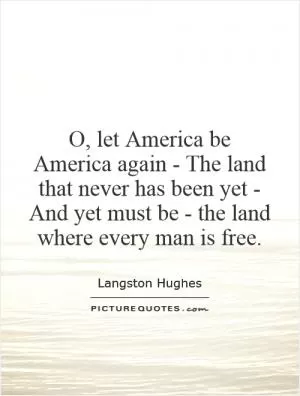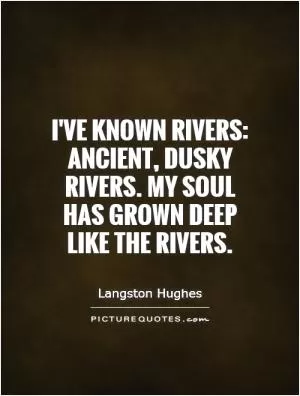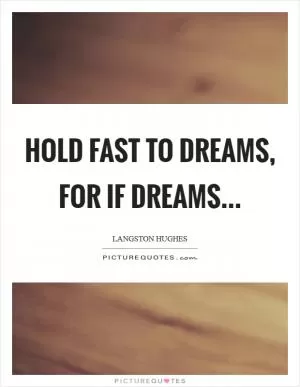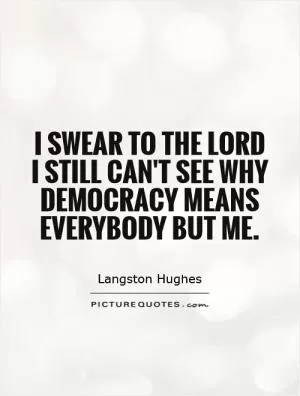Hard as I try, daddy-o, I really do not like concert singers. They are always singing in some foreign language

Hard as I try, daddy-o, I really do not like concert singers. They are always singing in some foreign language
Langston Hughes, a prominent figure in the Harlem Renaissance, was known for his powerful and evocative poetry that captured the struggles and joys of African Americans in the early 20th century. His work often delved into themes of identity, race, and the African American experience in America. In his poem "The Weary Blues," Hughes writes about the pain and weariness of a black man playing the blues on a piano, expressing the deep emotions and struggles of the African American community.In the context of Hughes' work, the statement "Hard as I try, daddy-o, I really do not like concert singers. They are always singing in some foreign language" can be seen as a reflection of the disconnect between the African American experience and the world of classical music. Concert singers, often trained in European traditions and languages, may seem distant and foreign to someone like Hughes, who was deeply rooted in the African American culture and experience.
Hughes' poetry often celebrated the beauty and richness of African American culture, from the rhythms of jazz and blues to the vibrant language of the streets. His work was a celebration of the unique voice and perspective of African Americans, and a rejection of the Eurocentric standards that often dominated the arts and culture of the time.












 Friendship Quotes
Friendship Quotes Love Quotes
Love Quotes Life Quotes
Life Quotes Funny Quotes
Funny Quotes Motivational Quotes
Motivational Quotes Inspirational Quotes
Inspirational Quotes